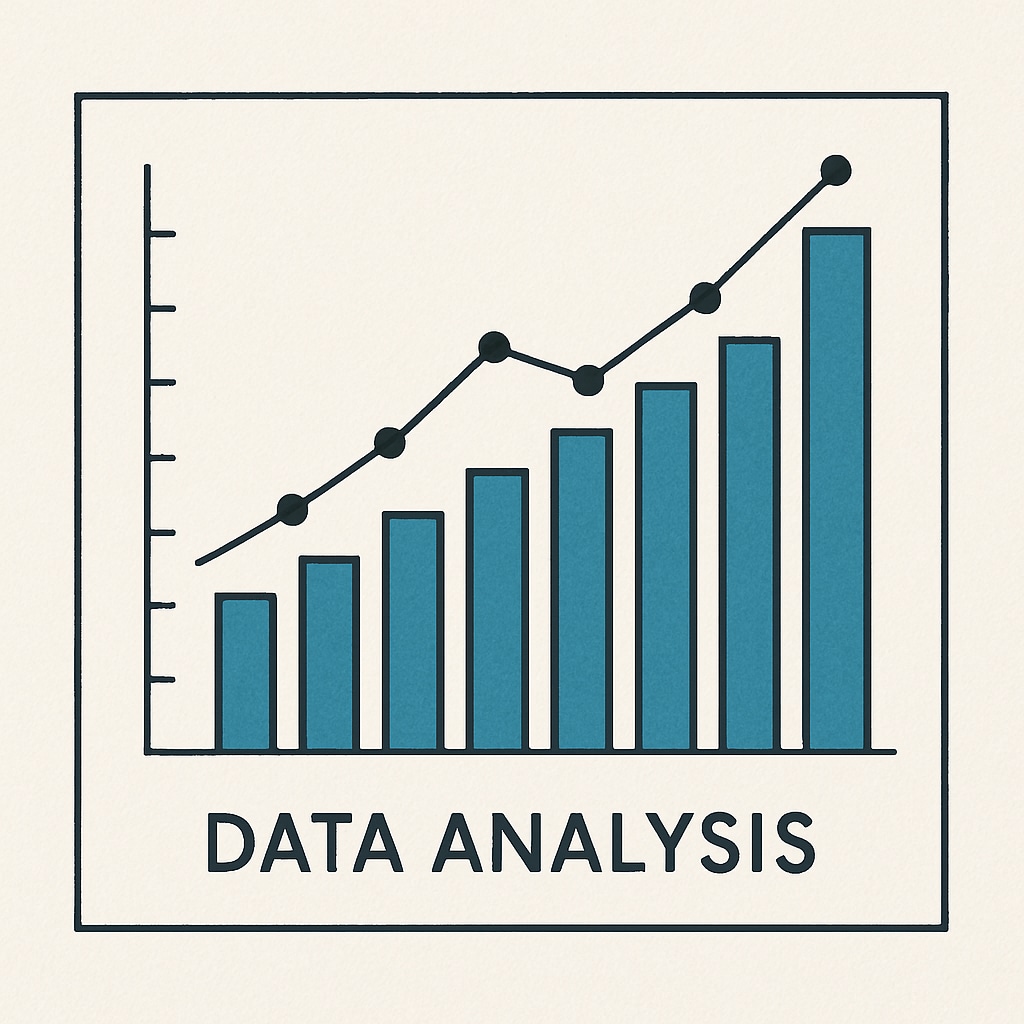The combination of Business Analytics and a Finance minor offers a powerful pathway for career development, enabling professionals to explore diverse opportunities while maintaining work-life balance. In today’s data-driven economy, companies rely on skilled analysts to make informed decisions and drive profitability. Adding financial expertise to analytical skills creates a unique edge in the competitive job market.

Why Combine Business Analytics with a Finance Minor?
Business Analytics focuses on using data to guide strategic decision-making, while a Finance minor builds knowledge in economic systems, investment strategies, and financial management. Together, these disciplines create a synergy that equips professionals to understand both the technical and financial aspects of business operations.
There are several reasons to pursue this combination:
- Diverse Career Options: This skill set opens doors to positions in consulting, investment banking, data science, and financial planning.
- Higher Employability: Employers value candidates who can bridge the gap between data analysis and financial strategy.
- Competitive Salary Potential: Professionals with expertise in analytics and finance often command higher salaries due to their specialized knowledge.
For example, the ability to analyze financial data and predict trends can be crucial in fields like corporate finance or risk management. For more information, visit Business Analytics on Wikipedia.

Career Development Strategies for Business Analytics Professionals with a Finance Minor
While the combination of Business Analytics and Finance offers significant advantages, success requires a clear career development strategy. Here are some actionable tips:
- Build Technical Expertise: Stay updated on tools like Tableau, Python, and Excel for data modeling and visualization.
- Expand Financial Knowledge: Deepen your understanding of market trends, investment strategies, and risk assessment.
- Network Effectively: Connect with industry professionals through LinkedIn, conferences, and local meetups to enhance visibility.
- Seek Certifications: Consider obtaining certifications such as CFA (Chartered Financial Analyst) or CAP (Certified Analytics Professional) to strengthen your credentials.
Moreover, balancing technical expertise with financial acumen can position you for leadership roles in data-driven decision-making. For further insights, check Finance on Britannica.
Achieving Work-Life Balance in Analytics and Finance Careers
While professional growth is important, maintaining work-life balance is equally essential for long-term success and well-being. Here’s how to achieve balance:
- Set Boundaries: Avoid overcommitting to projects and manage your workload effectively.
- Prioritize Health: Engage in regular exercise, mindfulness practices, and hobbies to reduce stress.
- Time Management: Use tools like calendars and task management apps to streamline your schedule.
By integrating these strategies, professionals can excel in their careers while enjoying personal fulfillment. As a result, the combination of Business Analytics and Finance becomes a sustainable career choice.
In conclusion, pursuing Business Analytics with a Finance minor opens doors to high-potential career paths. By adopting effective development strategies and prioritizing work-life balance, professionals can thrive in this rewarding field.


